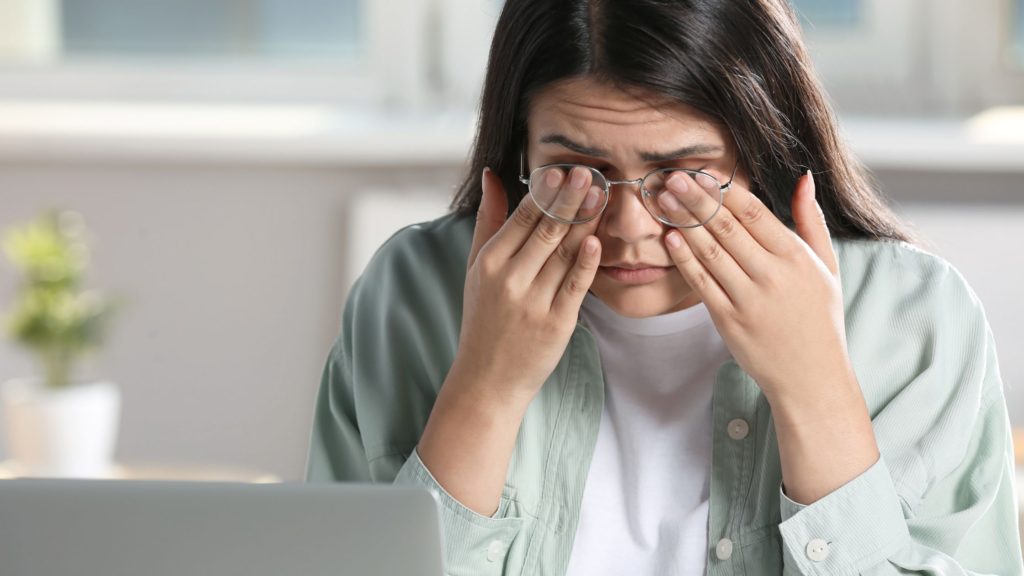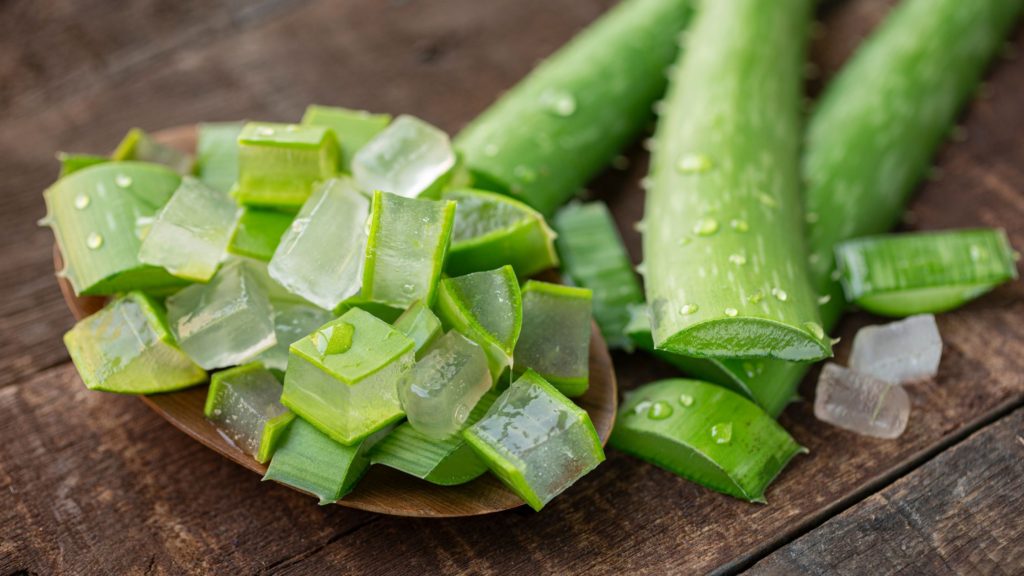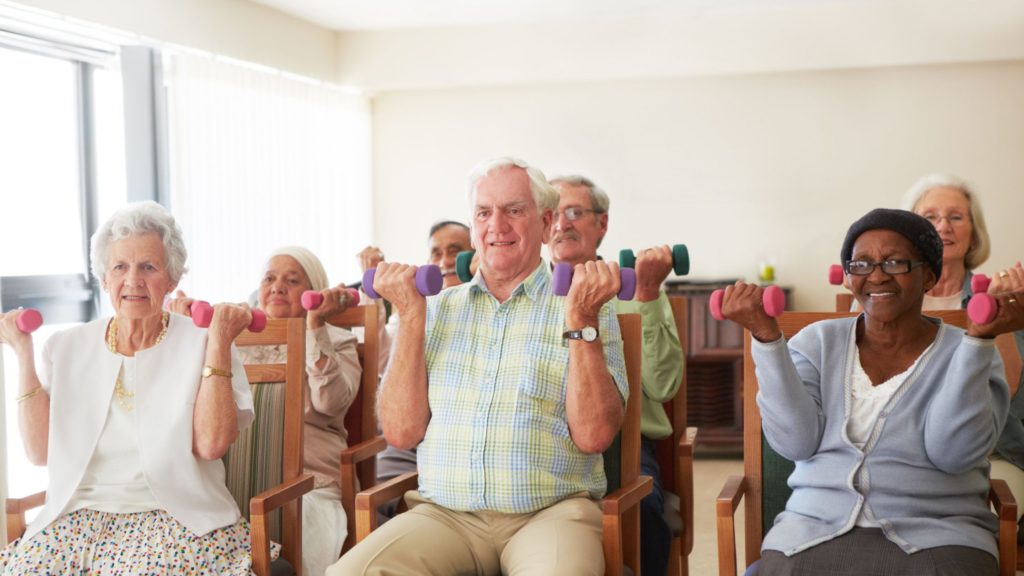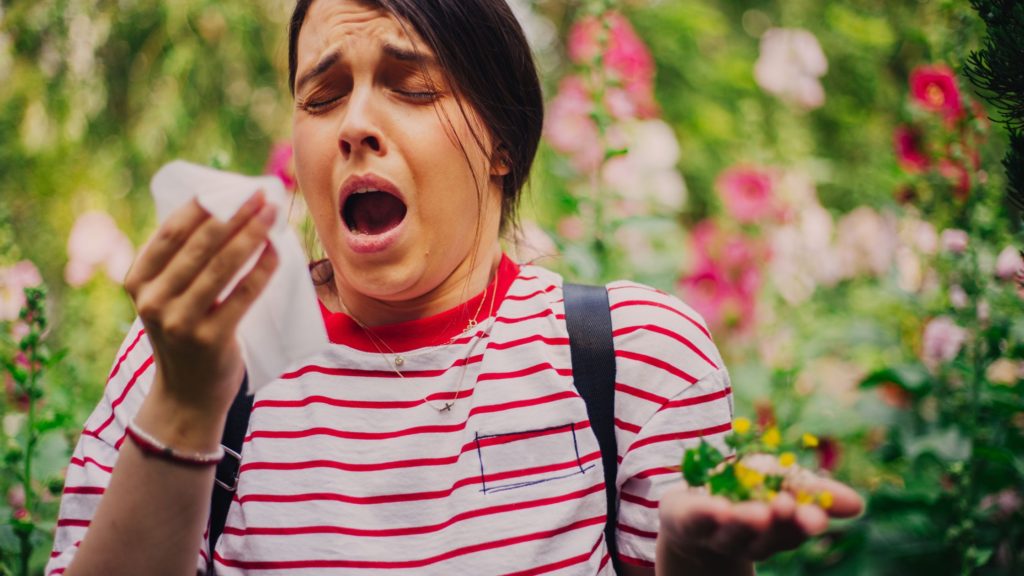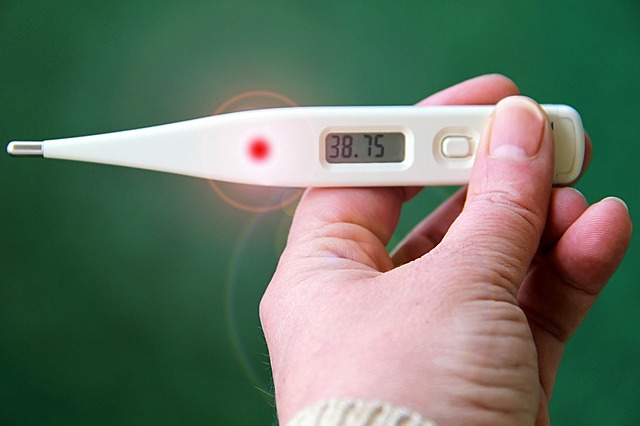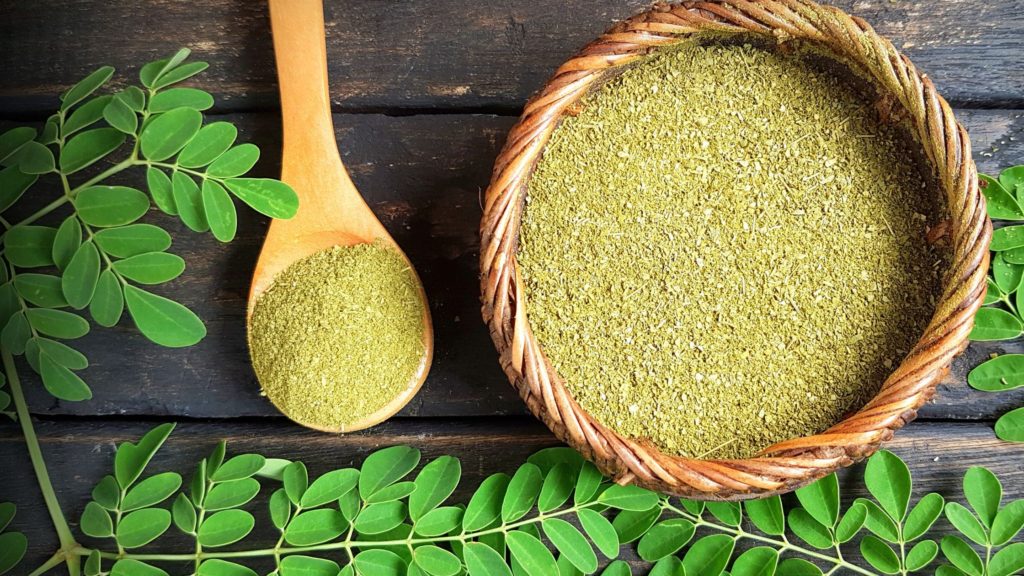Last updated on April 29th, 2025 at 09:43 am
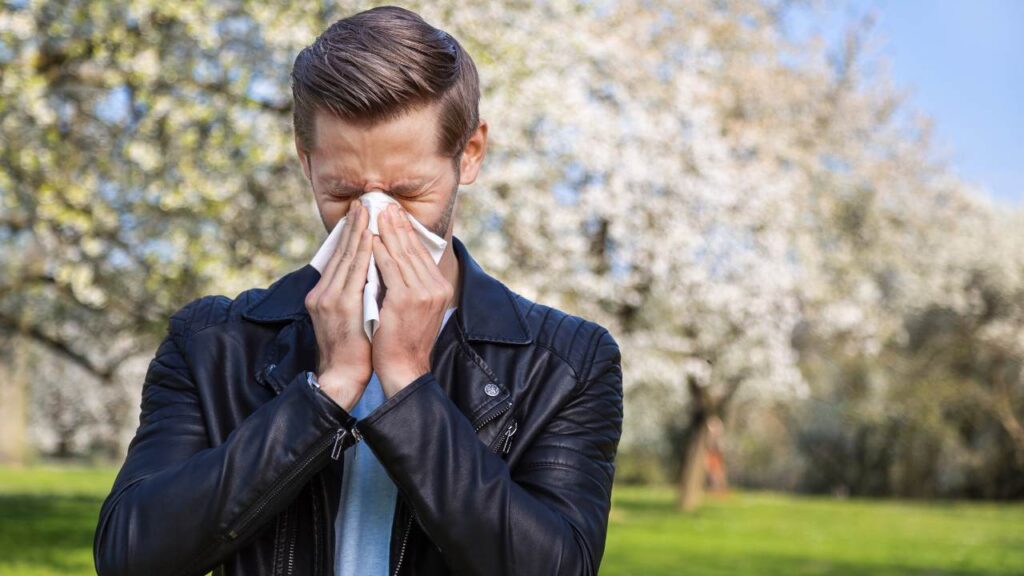
- Pollens, dust particles, and pollutants in the air are significant causes of allergies.
- Climate change is making allergies worse.
- CDC guidelines recommend minimizing pollen exposure, reducing indoor allergens, etc.
- One can track pollen counts, consult a doctor about medications, and wash hands and face frequently.
- Also, learn how to prevent yourself from developing an allergy
Spring may bring joy and rejuvenation to many, but it can be a time of trouble and suffering for some. Unfortunately, spring allergies affect a significant portion of the population, and the statistics from the CDC are concerning.
According to their data4, in 2021, almost 32% of US adults above 18 years old suffered from seasonal allergies. This is a significant number and a cause for alarm. What’s more concerning is that women are more likely to be affected, with 30% of them having seasonal allergies compared to only 21% of men.
We must take this issue seriously and learn everything we can about spring allergies and how to prevent them. Let’s know the guidelines provided by the Centers for Disease Control and Prevention (CDC) to care for ourselves and our loved ones during this allergy season.
What is a seasonal allergy?
After a long, cold, lifeless winter, spring is when plants come alive and flowers bloom. With blooming flowers and chirping birds, the earth becomes heaven, but unfortunately for many, it causes a resurgence of allergy symptoms.
During spring, plants release pollen into the air. This natural phenomenon helps plants with pollination. The tiny pollens are suspended in the air all around.
It is natural that when we are outdoors, these pollens enter Inside human airways during respiration. This pollen triggers an immune system response in the person suffering from allergies.
Pollens alone are not responsible for allergy; dust particles and pollutants in the air are also a significant cause. I suffer from allergic rhinitis when dust is everywhere, so I wear a mask when passing through a dusty city area.
What are the symptoms of seasonal allergy?
This response produces symptoms similar to the flu. When I get an allergic response due to exposure to dust, the first sign of symptoms that I feel is itching inside the nose. Slowly, itching turns to repeated sneezing with a runny nose.
The allergens that enter our airways through the nose irritate and, eventually, inflammation of the nasal mucosa. Symptoms include sneezing, a runny nose, nasal obstruction, and an itch in the nose and throat5.
The sufferer commonly complains of:
- Sniffles,
- Itchy eyes, and
- General misery is associated with seasonal allergies, also known as hay fever1.
CDC guidelines for optimal management of seasonal allergy after outdoor activity
The Centers for Disease Control and Prevention (CDC)3 offers valuable advice for managing seasonal allergies3. They recommend following a similar approach to the tips mentioned above, including:
- Minimise Pollen Exposure: Stay indoors on days with high pollen counts, especially in the mornings, when pollen levels are typically highest.
- Reduce Indoor Allergens: Keep windows closed during peak pollen seasons, besides using a HEPA air filter.
- Shower and Change After Outdoor Activities: This helps remove pollen from your hair and skin.
Travel should be avoided during allergy season, but it is not always possible. Before you go on a trip, here are CDC guidelines to make it safe.
- Visit your doctor a month earlier so that they can prescribe medicines specific to the destination.
- Prepare a travel health kit with allergy-specific preparations like medications, inhalers, hand sanitisers, etc. For detailed information, please visit CDC guidelines on travel health kit.
- During your trip, wear a mask when outdoors. Avoid street food and food that can cause allergies.
Tips for Allergy Relief:
- Track Pollen Counts: Many weather websites and apps provide daily pollen forecasts. By staying informed about pollen levels, you can take extra precautions on high-count days, such as limiting outdoor activities or wearing a pollen mask.
- Medications are Your Friend: Consult your doctor about antihistamines or nasal corticosteroids to manage your allergy symptoms.
- Become a Cleanliness Champion: Wash your hands and face frequently, especially after spending time outdoors. Pollen can cling to your hair and clothes, so showering and changing after being outside can significantly reduce allergens.
- Keep Your Home a Sanctuary: Use a HEPA air filter indoors to trap pollen before it irritates your eyes and nose. Wash bedding and linens regularly to remove allergens that might have accumulated during sleep.
How to prevent from development of allergy?
If you don’t suffer from allergy it is better to prevent yourself developing. There are few proven ways to minimise your chances of developing allergy or at least minimise the suffering if you are suffering from allergy. So, here are a few to-do lists in your home:
- Sprinkle water around your house: Sprinkling water is a great way to minimize pollen and polluted particles in the air. It helps to keep the air moist and settles down any airborne irritants that may be causing your allergies to flare up. Using an air purifier can also help remove allergens from the air.
- Flushing nasal passage with saltwater before moving out: Taking a tablespoon of water and putting a pinch of salt on it can actually help relieve nasal congestion caused by seasonal allergies. This method, known as nasal saline irrigation, involves flushing out the nasal passages with a saltwater solution. The saltwater helps reduce inflammation and clear out excess mucus, relieving congestion. Nasal saline irrigation can be done using a dropper.
- Eat vitamin-C-rich food: One way to help combat these symptoms is by consuming foods that are rich in vitamin C, such as citrus fruits. Vitamin C has been shown to have anti-inflammatory properties, which can help reduce the severity of allergies. Additionally, vitamin C has been found to strengthen the immune system, providing further support against seasonal allergies. To reap the benefits of vitamin C, we highly recommend incorporating citrus fruits and other vitamin-C-rich foods into your daily diet.
- Avoid going to walk early in the morning and evening: If you are prone to seasonal allergies, it is essential to monitor the temperature and air quality before heading out for a walk. Sometimes, it may be best to avoid outdoor activities when the temperature is low or the air quality is poor. If you choose to go for a walk, take appropriate precautions, such as wearing a mask or taking allergy medication beforehand. Additionally, adjusting the timing of your walks, as suggested earlier, can also help to reduce the impact of seasonal allergies on your health.
- Breathing exercises: There are breathing exercises that can help alleviate some of these symptoms. One such exercise is known as pursed lip breathing. Pursed lip breathing helps to slow down your breathing rate, which can reduce the feeling of shortness of breath. It also helps to keep your airways open for longer, allowing for better air exchange.
How climate change is making seasonal allergies worse.
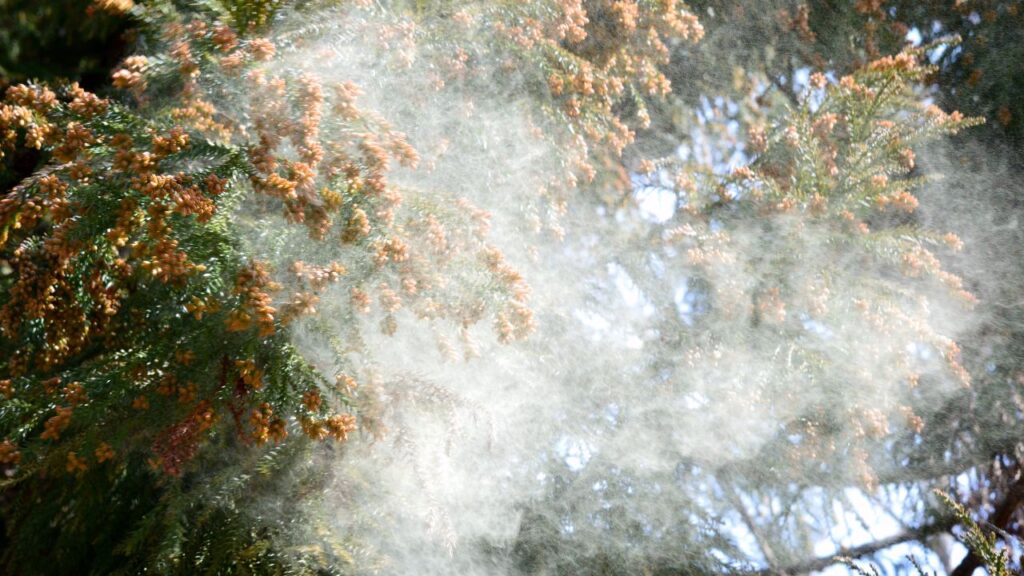
The primary culprit behind spring allergies is tree pollen. Different trees pollinate at various times throughout the season, so knowing which trees are prevalent in your area can help you anticipate and manage your symptoms. A 2019 study published in the Journal of Allergy and Clinical Immunology found a strong correlation between specific tree pollen counts and seasonal allergy outbreaks2.
There is sufficient research evidence that an increase in temperature significantly influences the timing of flowering and the magnitude of pollen. Also, the pollen developed in higher temperatures or polluted air has stronger allergenicity5. The planet is witnessing an increase in average temperature and extended periods of warm weather; the allergy season is getting worse with climate change.
Conclusion:
Spring allergies are concerning, but that doesn’t mean you remain hostage. By understanding the triggers, implementing preventative measures, and following the advice of healthcare professionals, you can enjoy the beauty of spring without the misery of allergy symptoms. So, breathe easy, embrace the sunshine, and make the most of this vibrant season!
Keep Reading: Are Mosquitoes Selectively Biting You? It Might Be Your Soap
The author is a physiotherapist who has been practising for the last 17 years. He holds a Bachelor's in Physiotherapy (BPT) from SVNIRTAR (Swami Vivekananda National Institute of Rehabilitation and Research), one of the prestigious physiotherapy schools in India.
Whatever he learns dealing with his patient, he shares it with the world through blogs and e-books. He also owns a YouTube channel, "Sunit Physiotherapist" with over 8 lakh active subscribers. Here, he shares everything he gets to learn serving the patient.
Kartik Parida is a Food Biotechnologist, with over 10 years of Teaching and Research experience in the field of Biotechnology, Microbiology, Food Science & Dietetics. Presently he is associated with the Health Department of Govt. of India. He Has done His post-graduation in Biotechnology from the prestigious Ravenshaw University, India. Thereafter, got Research exposure in several Research institutes of ICAR- Indian Council of Agricultural Research. Also had an Exclusive experience of working at CIFA- Central Institute of Freshwater Aquaculture, Asia's Largest Freshwater Fish Research Center. In the Food & Nutrition part, He bagged two PG Diploma certificates in Food Quality Management And Nutrition & Dietetics. Before joining the present job in the health department, He had worked with a few food-based industries and Dietetic institutes.
Over the decades of his professional journey, many awards and achievements are there to his credit. He has several research publications in National & international journals of repute.
Apart from the scholarly articles, he loves to share useful information about Bioscience with the common people through the websitewww.knowledgik.com. On the personal front, He is a practitioner of the Indian intangible oral tradition of Yoga and Healing. He has special interests in Nature & Environment, human behaviour & psychology, and thesocio-cultural ethnicity of Indiaand abroad as well.

